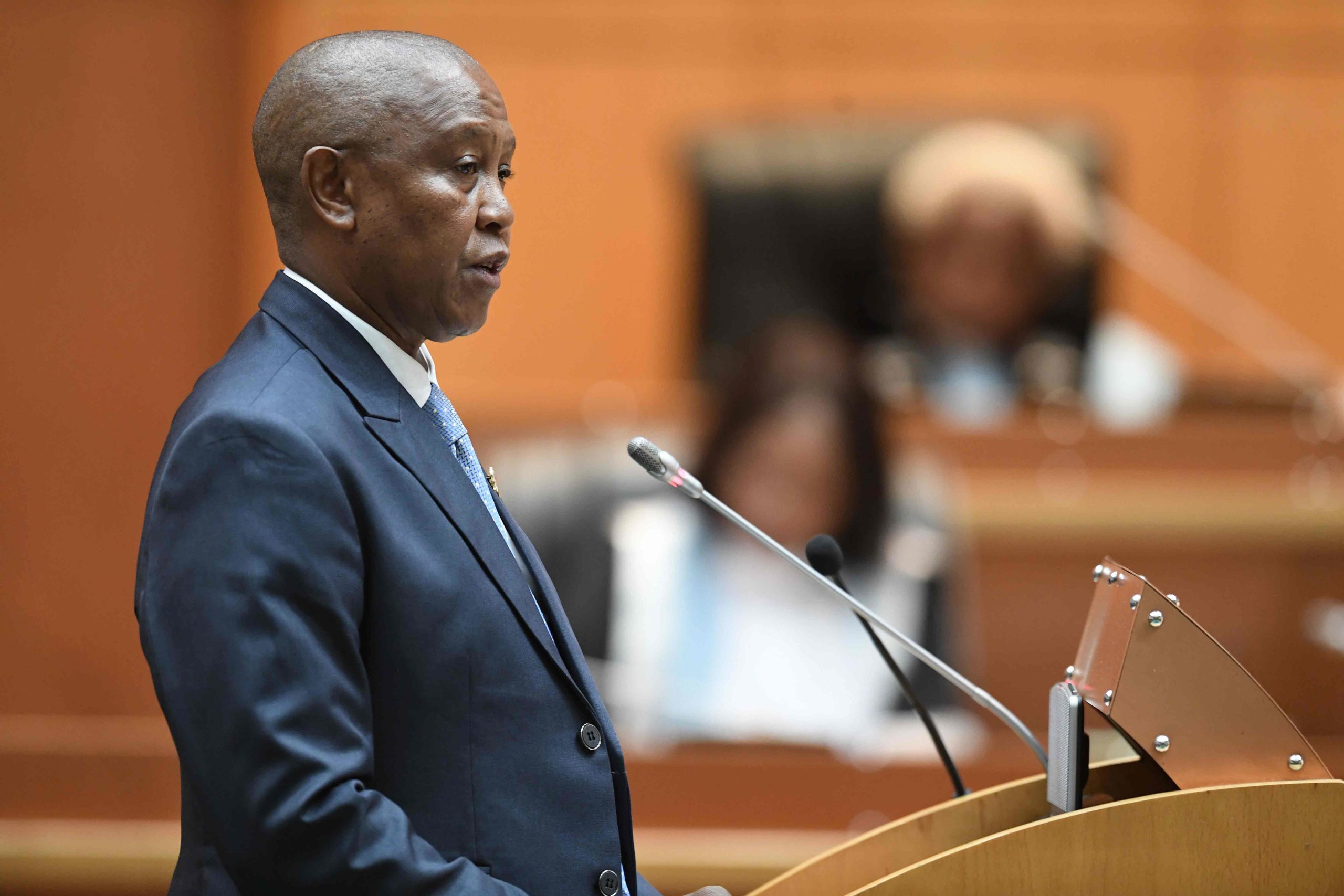A few days ago Dr. Thapelo Matsheka, the Minister of Finance and Economic Development delivered a message to Batswana, a message that would later trend on social media. In essence the message was that ‘government is broke’. Perhaps too broke to go all out and fight COVID-19 alone and to also put in place economic responses that can sustain the entire economy now and post lockdown as a revival plan. While Botswana, inclusive of the private sector has around P70 billion in foreign reserves, only P20 billion belongs to the taxpayer. Literally speaking, government does not have the money to fight COVID-19, considering that the country also needs a buffer as a net importer. Several Batswana were ‘shocked’ by the news that the country has only P20 billion in reserves. Perhaps most Batswana took solace in the mislaid idea that the President could just drawdown a reasonable chunk from the reserves to procure enough medical supplies, assist businesses during the economic lockdown, and perhaps inject that into the economy. Or a handsome economic stimulus package (ESP) to jump-start the already ailing economy, that would have taken serious beatings from the COVID-19. The honest truth is that with the little that government has, she cannot do everything, even if President Mokgweetsi Masisi wanted to. Botswana’s deficit is already hovering at around P10 billion. It needs to be financed. Government has committed P2 billion into the COVID-19 Relief Fund. Further, over P2.4 billion worth of medical supplies is needed, government has announced. Businesses need support. The informal sector is collapsing. Batswana in their households are literally hungry. The honest revelation is that government coffers are really shallow at this instance.
It would take a caring private sector to chip in generously, considering that COVID-19, if not contained well in time, as a result of limited resources can either wipe Botswana from the face of the earth or completely bring the entire economy to a state of paralysis.
It was out of this desperation that President Mokgweetsi Masisi genuinely took to the podium and seemingly threatened the wealthy investors who are reluctant to assist Botswana in its time of need. It is no secret that donations should be voluntary. Also, there is no law in Botswana that forces any company or wealthy individual to donate to a good cause. While it is voluntary, it is also an open secret that patriotism and the spirit of philanthropy are like value appreciation. It shows how much an investor or company values the very society that enriches them. Out of P70 billion kept offshore as foreign reserves, the private sector in Botswana owns a whopping P50 billion, which was made here in Botswana. Should government fail to contain the spread due to insufficient resources, the private sector too, with its billions, can be reduced to non-entities. The private sector makes money from Botswana, and mostly from government. Government does not have enough money to fight the COVID-19 medically, and to also inject a bloodline into the economy to the full extent, and support households at the same time. This can lead to devastating effects through which jobs can be lost. Government is the largest employer with over 150 000 civil servants. Collectively, they have the largest purchasing power, which enriches the private sector. Loss of jobs as a result of limited resources by government to sustain the economy, will also crumble the private sector. The private sector employs people because of the business they get from government, if government faces challenges because of limited resources, everyone goes down. The private sector, if it cared enough, and put aside capitalism for a few months can raise collectively, billions of Pula, which government can re-inject into the economy as ESP, or fast-track the containment of COVID-19 to allow the economy to be re-opened. With its limited resources, government can do its best, but effects will be severe, so much that jobs will be lost, companies will collapse. Loans to commercial banks will be unpaid. Impairments will rise and affect not only the profitability of the banking sector but purchasing power will also dwindle, and the retail sector earnings could also plunge. In short, even the wealthy private sector will take a hit, and lose billions in business and social goodwill. The wealthy investors and corporate, can simply donate a generous percentage of their money to help government contain COVID_19, feed Batswana, sustain businesses and inject a stimulus into the economy to fast track recovery through ensuring money circulation. In that case, the very money which the private sector generously gives back, will come back to them in the form of a healthy society and active economy. Batswana will buy from retailers. Small businesses, the informal sector and bigger businesses will make money and deposit in banks. They will buy cars and clothes. They will party in recreational places and leave lodges, bars and restaurants with cash. Everyone will benefit and the wealthy generous investors will return to their usual business of profit and numbers.

